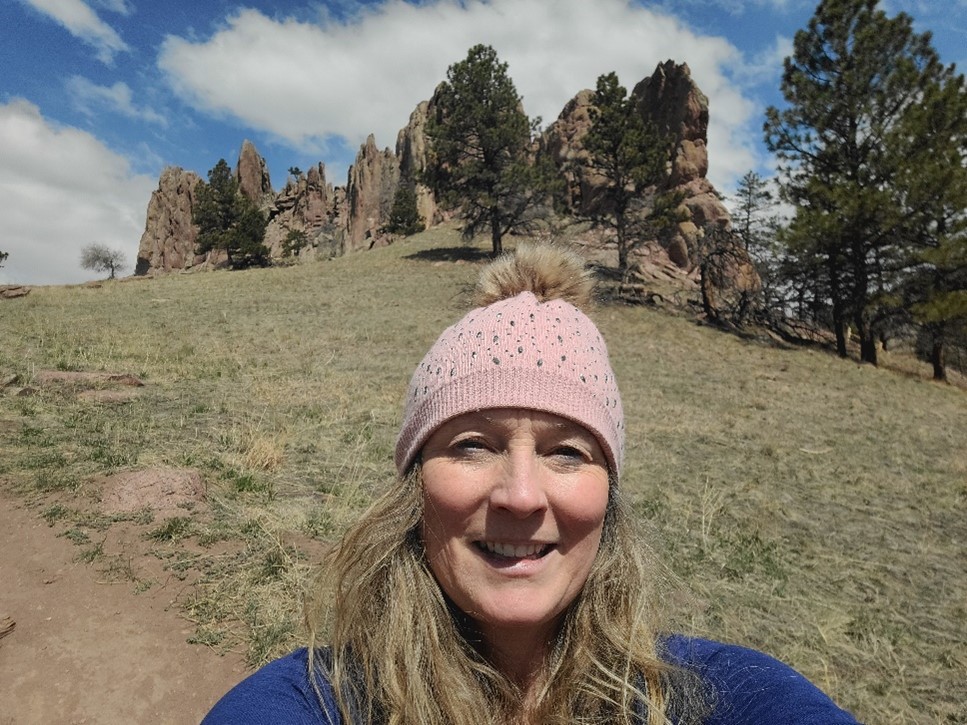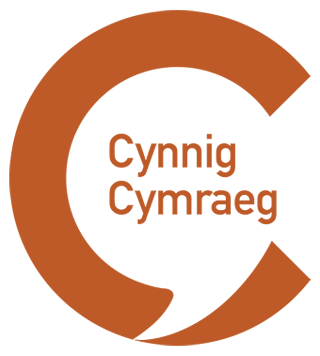Poetry in a Therapeutic Context - by clare e potter
16/05/2023
Thanks to a Wales Arts Health and Wellbeing Network ‘Go See’ Micro Grant and a Wales Arts International ‘International Opportunities Fund,’ I was able to travel to Denver Colorado to attend the National Association of Poetry Therapy Conference: Coming Together and Promoting Empowerment: Building Community Through Challenge and Change.
I wanted to attend the conference to further my professional development and learn how to apply this work within the context of social justice. In 2021, I was funded by an Arts Council of Wales Create Fund to train as a poetry therapy practitioner with Jill Teague through the International Academy of Poetry Therapy (iaPOETRY). Jill is the only master mentor in Wales. Attendance and participation in the conference broadened my contacts and knowledge, and also gave me the opportunity to share the effective work and projects in arts and wellbeing in Wales.
When I applied for funding from WAHWN and WAI, I envisioned going to the conference and learning from some key figures in the poetry therapy world, eminent speakers and poetry therapy facilitators and mentors. What I received was far greater; being a participant in the process of the poetry therapy sessions was a hugely valuable experience, and I’d not anticipated the effect that would have on me as a person, a creative professional, and someone learning more about the therapeutic benefits of bibliotherapy. It certainly helped me to build on my current practice, enrich and expand my knowledge and skills and learn new approaches
To connect in person with Naomi Shihab Nye was an immense privilege; I’ve long been a fan of her work, and she is a hugely important figure in the poetry therapy community, especially in the USA (she was Young People’s Poet Laureate). Her keynote presentation and her poetry reading focused on how poetry therapy can help us connect across perceived divisions, how poems (even those we've written) can come back to help us heal; I’ve also experienced this and I can now share Naomi’s story too, thus endorsing how writing a poem isn’t a one-time ‘activity,’ but that it becomes a force of energy, a medicine that can help others as well as us when we write, and also can come back and help us continue on our healing journey: that our own poems can be more powerful than those in books.
Joy Sawyer wove Nancy Replansky’s poem ‘Housing Shortage’ into her keynote speech, and the essence of what Joy developed in that speech framed the whole conference (and indeed my understanding of the work we do as artists focusing on building bridges, social justice, personal and collective wellbeing).
The heart of the poem can be found in the lines:
‘Excuse me for living
But, since I am living
Given inches, I take yards
Taking yards, dream of miles
And a landscape, unbounded
And vast in abandon
And you dreaming the same.’
This of course is an important issue we try to address when we are leading workshops with people who might have been taught to believe they should not take up any space, and how through their writing (and most importantly, reflecting on that writing, they can begin to take up those miles and yards as well as inches).
What was really perspective-shifting for me was in relating that to the work we do and the impact we have as practitioners—that we might not see those miles in ‘the hidden unheralded impact’ of this work. That our work is about transformation, not achievement and that one person at a time is our inches, one person who then goes on to make miles. This made me feel heartened and trusting of process; organisations often want outcomes we can measure but Joy gave countless examples about how touching one life through poetry therapy, in a deep way, can inspire hundreds of others.
One of the key moments I had was realising how coming from a working-class background has impacted my self-belief and belief that my own voice matters. Hearing the poet laureate Bobbi Lefebre speak so freely and proudly and impassioned about being working class made me realise that I can own it more fully for myself, that there are so many gifts from that background culture that I should champion more often than I have done.
I really took a great deal from the conference theme being around social justice, building community and changing language around what we do, where we position ourselves in our differences and our roles. And it was the beauty of it all, the way everyone spoke at the conference about the work we are devoted to, that it is a healing force; I enjoyed the feeling of being brought into that energetic field and intention to do good in the world, to help repair and empower.
Michael Namkung’s ‘Good Pain’ workshop had a transformative impact on me. I’d shared a poem earlier in the week about my grandmother who when I was little would give me butcher paper and betting shop pens so I could write. It was a marvellous synchronicity then, when Michael hung huge sheets of butcher paper on the walls, and we were given massive chunks of graphite, had to squat with our backs to the paper and in that strained position, allow the hands and arms to make their marks until we physically could no longer move.
I was stunned when I turned around and saw the shapes my body made, call it a support system, an energy field, an angel, call it random marks from graphite, but the act of going beyond physical discomfort allowed me to feel a strength that was not words, but a sort of faith in making marks, connecting to our bodies and feeling through then beyond our pain. For someone with chronic pain this was life-changing. As a result, I stayed on later in Denver and I climbed some mountains, walking with the things I’d learned in the conference sessions, able to use my body to bring in a physical understanding of some of the discoveries I’d made emotionally and intellectually.
Climbing, I felt my heart pound, thought how poetry used in a therapeutic context can support us to new heights, let us gather, make sense of what we bring and are climbing with.
clare e. potter

